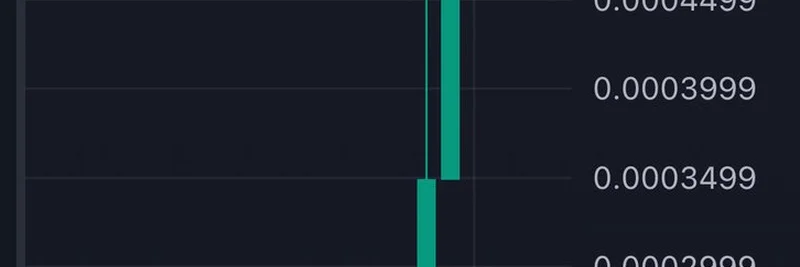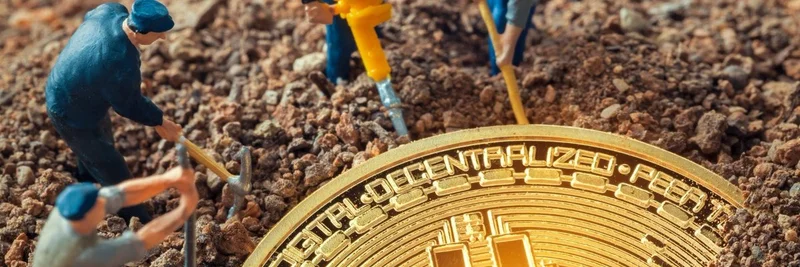If you're into blockchain and crypto, you've probably seen projects come and go, each promising the next big thing. But every now and then, something truly different pops up. That's the vibe from a recent tweet by BSC News, highlighting Sidra Chain as a standout in the early-stage crypto scene. They linked to their in-depth analysis, and after diving in, it's clear why this project is turning heads. Let's unpack what makes Sidra Chain unique, in simple terms, without the jargon overload.
The Core Idea Behind Sidra Chain
At its heart, Sidra Chain is a decentralized blockchain platform that launched in 2022, with its main network going live in October 2023. What sets it apart? It's built around Shariah compliance—meaning it follows Islamic financial principles. Think of it as crypto with an ethical twist: no interest charges (known as riba), no excessive risk or uncertainty (gharar), and zero involvement in prohibited industries like gambling or alcohol (haram). This isn't just a gimmick; it's designed for folks seeking financial tools that align with their values, especially in Muslim-majority regions.
Unlike mainstream blockchains like Ethereum, which are neutral on ethics, Sidra Chain embeds these rules right into its system. It supports things like Sukuk (Islamic bonds) and Murabaha (a type of cost-plus financing), making it a go-to for halal (permissible) transactions.
Key Features That Make It Stand Out
Sidra Chain isn't just talk—it's got practical tools that make it user-friendly and innovative. Here's a breakdown:
Mobile Mining for Everyone: Since July 2024, you can mine Sidra Coins (SDA) right from your phone via their app on Google Play. No need for fancy hardware; just complete KYC (Know Your Customer) verification, and you're in. This opens up mining to everyday people, unlike the energy-hungry setups in Bitcoin.
Shariah-Compliant Ecosystem: The platform includes a network for smart contracts (automated, self-executing agreements), the SDA token for payments and rewards, and even Sidra Bank for digital banking with low fees. They've burned 19.5 million tokens for zakat (charity), which ties back to Islamic giving and helps control supply.
Real-World Uses: From cross-border payments to tracking halal supply chains and fundraising for ethical startups via SidraStart, it's geared toward solving actual problems. Imagine sending money overseas quickly and cheaply, all while staying compliant.
The tech is based on a Proof-of-Work (PoW) system, forked from Ethereum, which means it's secure but aims for lower costs. Sure, there are hiccups like app login issues or KYC delays, but that's common in growing projects.
Technology and How It Stacks Up
Sidra Chain uses smart contracts for seamless deals and integrates KYC through KYCPORT to keep things legit. Compared to bigger players like Ethereum, it's smaller scale but focuses on affordability and ethics. Throughput (how many transactions it handles) isn't sky-high yet, but it's tackling scalability in its own way. If you're wondering about consensus—it's PoW, relying on miners to validate transactions, similar to Bitcoin but with a mobile twist.
Partnerships and Growth Plans
What's cool is their global push through SidraClubs. These are local partnerships handling licensing, compliance, payments, and even Shariah certifications from regional experts. It's a structured way to expand, unlike the more chaotic growth of some crypto projects. They also handle inheritance via blockchain-notarized assets, which is a neat, practical feature.
On the token side, SDA has over 780 million in circulation, used for everything from fees to rewards. The charity burn adds a layer of scarcity, potentially boosting value over time.
Why This Matters in the Crypto Space
In a world full of hype-driven projects, Sidra Chain's focus on real use cases and ethics is refreshing. The BSC News tweet nailed it: love it or hate it, it's different. If you're a blockchain enthusiast or investor eyeing ethical options, this could be worth watching. Check out the full analysis on BSC News for more details, and follow the conversation on X.
As crypto evolves, projects like Sidra Chain remind us that innovation isn't just about speed or profits—it's about building inclusive, value-aligned systems. What do you think—could Shariah-compliant blockchains go mainstream?


